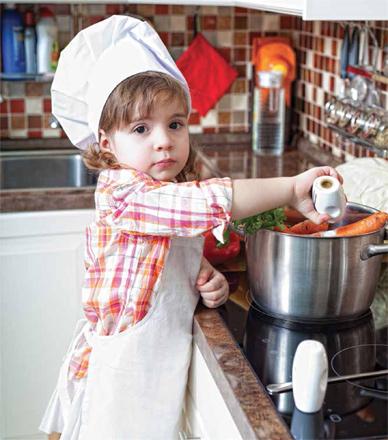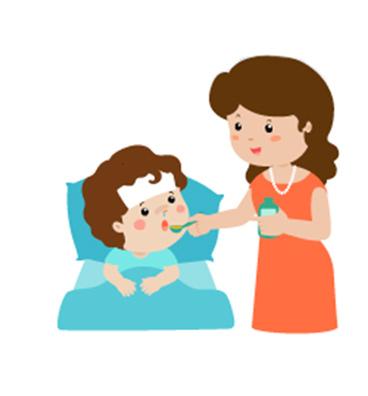You are here
The salty truth
By Dr Kamal ‘Akl , Family Flavours - Aug 18,2019 - Last updated at Aug 18,2019

Photo courtesy of Family Flavours magazine
By Dr Kamal ‘Akl
Consultant Paediatrician and Paediatric Nephrologist
Ahmad (6) loves to sprinkle salt all over his food even before tasting it! He learned this habit since early childhood as his parents use a lot of salt in their cooking.
Table salt is composed of the chemicals sodium and chloride. However, sodium is found in other forms. The terms, salt and sodium, are used interchangeably. To know the amount of salt in food multiply the amount of sodium by 2.5.
Examples of high foods high in salt content
High salt foods include most canned food, pickles, salami, smoked meat, fish, nuts and cheese. Other sources of high salt are ready meals, pizza, sausage, tomato ketchup, cereals, soup, sandwiches, especially if bought from outside such as falafel and shawarma.
One has to also be careful when using dissolvable vitamin supplements since each tablet may contain up to one gramme of salt.
What’s the problem with consuming too much salt?
Eating too much salt predisposes a child to high blood pressure whether in childhood or adulthood. High blood pressure, which is usually silent, increases the risk for cardiovascular disease and stroke.
Salt also predisposes a child to future bone loss and obesity. High salt intake leads to loss of calcium in the urine, making children, especially girls, have fragile bones.
Salt causes increased thirst in children. While children should be drinking water, too many of them resort to squelching their thirst with sweetened juices and soft drinks which lead to obesity.
Salt intake and babies
During the first few months of life, breast and formula milk have adequate sodium. No salt should be added to food during weaning. With the introduction of solid food after the age of six months, parents need to be on the lookout for increased sodium content in processed baby foods, including bread, meat and gravy.
Babies and children adapt to the flavour of the food they are given, whether it is high or low in salt. Salt should not be added to baby food because the kidneys of babies are not fully developed to cope with a salt load. Children might dislike fruits and vegetables if they get used to salt having salt in their food.
Recommendations for healthy babies, children and teens
• During the first year of life, breast or formula feeding are the best options
• Avoiding food containing more than 0.6 grammes of sodium/100 grammes since it is high in salt
• Avoiding the development of salt addiction or craving in your child
• Avoiding using the salt shaker
• Tasting food before presenting it to your child
• Checking labels of processed food for sodium or salt content
• Buying fresh or frozen food and avoiding processed meats
• Avoiding ready meals and takeaway food
Reprinted with permission from Family Flavours magazine
Related Articles
Children are a vulnerable consumer group. Before the age of seven, a child cannot identify false persuasive content in advertisements. This is why children’s exposure to ads early in life influences their food preferences. It’s no coincidence that food and beverage advertisers include popular figures and cartoon characters in their ads.
By Dr Kamal ‘AklConsultant Paediatrician and Paediatric Nephrologist Many parents make mistakes in giving their child medicine.
Americans eat too much salt, and the government is asking restaurants and food manufacturers to help them cut back.The US Food and Drug Admi













